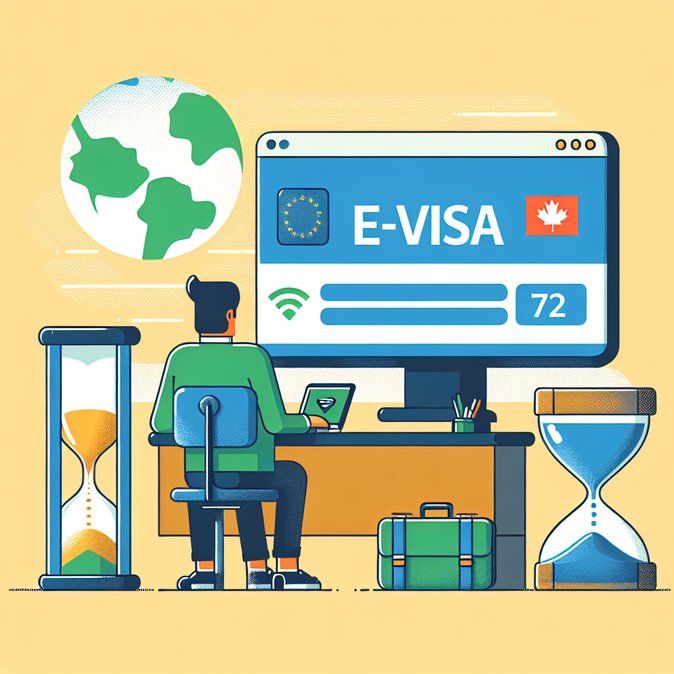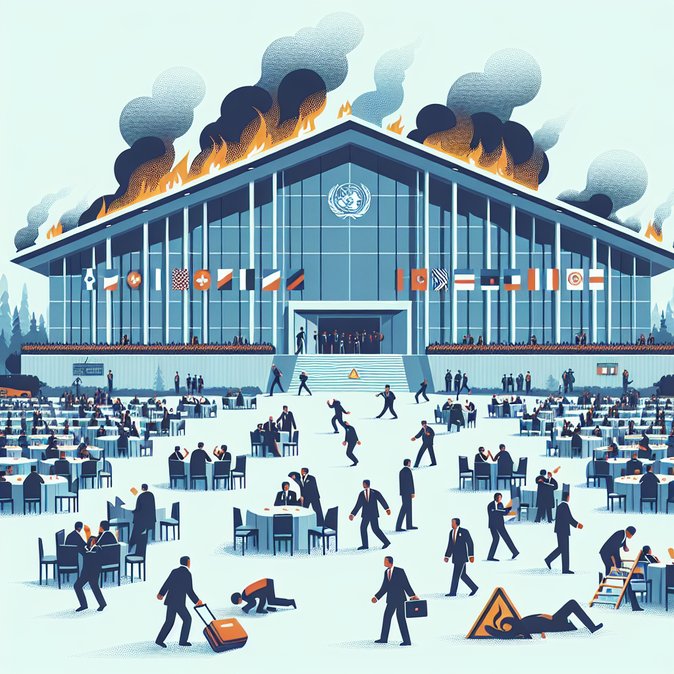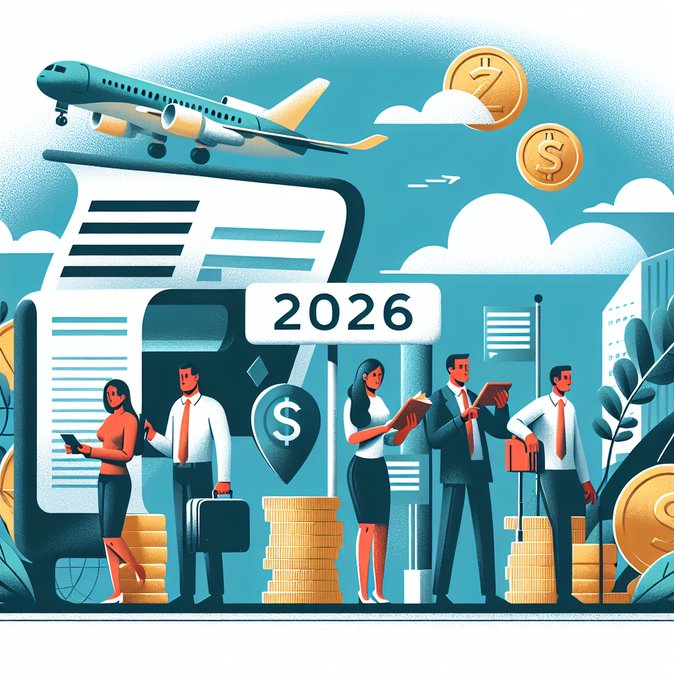
Brazil’s Foreign Ministry and state news agency Agência Brasil re-circulated an advisory on 19 November reminding airlines and border officers that the electronic visitor visa (e-Visa) requirement for U.S., Canadian and Australian passport holders will enter into full enforcement on 10 April 2025. The notice reiterates that applications must be lodged exclusively online via the VFSeVisa platform and that the fee remains US $80.90.
Under the scheme, approved travellers receive a multi-entry visa valid for 10 years (five years for Canadians and Australians) and may stay up to 90 days per visit, capped at 180 days in any 12-month period. Processing times average 48–72 hours, but officials warn that peak volumes in March could extend turnaround to a week. Carriers will deny boarding to passengers who cannot present a printed or digital approval at check-in.
![Brazil Issues Final Reminder: e-Visa Mandatory for U.S., Canadian and Australian Visitors from 10 April 2025]()
For global-mobility managers, the reminder closes the window for laissez-faire travel by North-American assignees accustomed to visa-free entry since 2019. Companies should audit upcoming project travel, ensure that HR information systems capture passport nationality accurately and budget for the new fee in cost-projections.
The Foreign Ministry framed the policy as reciprocity, noting that Brazilians still require visas for all three countries. Diplomats added that the e-Visa platform, built in partnership with VF Services, will serve as a test-bed for future digital-visa roll-outs covering other nationalities.
Travellers from countries that remain visa-exempt—such as most EU Member States and the U.K.—are unaffected, but should expect stricter document checks at airports as Federal Police align systems with the e-Visa database.
Under the scheme, approved travellers receive a multi-entry visa valid for 10 years (five years for Canadians and Australians) and may stay up to 90 days per visit, capped at 180 days in any 12-month period. Processing times average 48–72 hours, but officials warn that peak volumes in March could extend turnaround to a week. Carriers will deny boarding to passengers who cannot present a printed or digital approval at check-in.

For global-mobility managers, the reminder closes the window for laissez-faire travel by North-American assignees accustomed to visa-free entry since 2019. Companies should audit upcoming project travel, ensure that HR information systems capture passport nationality accurately and budget for the new fee in cost-projections.
The Foreign Ministry framed the policy as reciprocity, noting that Brazilians still require visas for all three countries. Diplomats added that the e-Visa platform, built in partnership with VF Services, will serve as a test-bed for future digital-visa roll-outs covering other nationalities.
Travellers from countries that remain visa-exempt—such as most EU Member States and the U.K.—are unaffected, but should expect stricter document checks at airports as Federal Police align systems with the e-Visa database.


